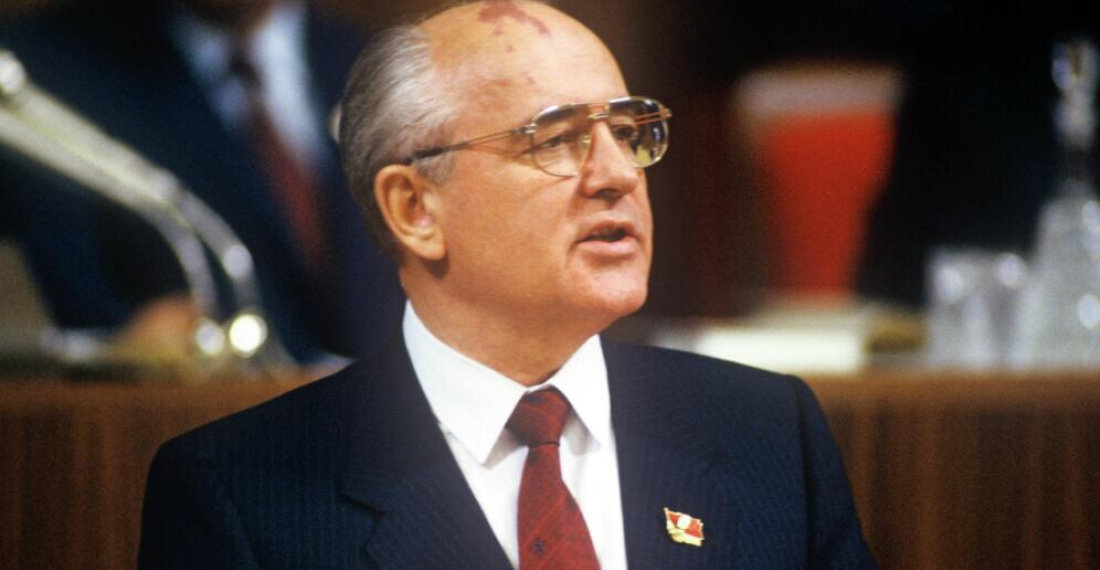The eighth and last leader of the former Soviet Union Mikhail Sergeyevich Gorbachev has died. He was 91 years old.
Gorbachev is considered a giant political figure who initiated the processes that ended the Cold War that had dominated international relations in the second half of the 20th century. His attempt to reform the Soviet Union met strong resistance, including a failed attempted coup by the KGB and the Army, and finally led to both his political demise, and the dissolution of the USSR into fifteen independent states.
The Russian state-run news agency RIA Novosti reported his death in the final hours of Tuesday 30th August. The Central Clinical Hospital in Moscow released a statement saying: "This evening, after a serious and prolonged illness, Mikhail Sergeyevich Gorbachev passed away."
Born on 2nd March 1931 to a peasant family in the Stavropol region in the south of the Russian SSR, Mikhail Gorbachev was the architect of the policies of glasnost' (openness) and perestroika (restructuring) that tried to reform the Soviet system from within. Many Russians, including the current leadership in the Kremlin blame Gorbachev for the Soviet Union's collapse and see him as a direct cause of Russia's problems in the 21st century, but Gorbachev was only trying to reverse the rot that had set-in at all levels of the Soviet state. He persisted with his reform programme despite the risks. He was awarded the Nobel Peace Prize in 1990, and after leaving power spent his time as Head of the Gorbachev Foundation.
He remains one of the most iconic and controversial figures of the 20th century, synonymous with the fall of the Berlin Wall in 1989 and the subsequent end of the Cold War.
source: commonspace.eu with agencies
photo: Sergei Guneev, RIA Novosti






